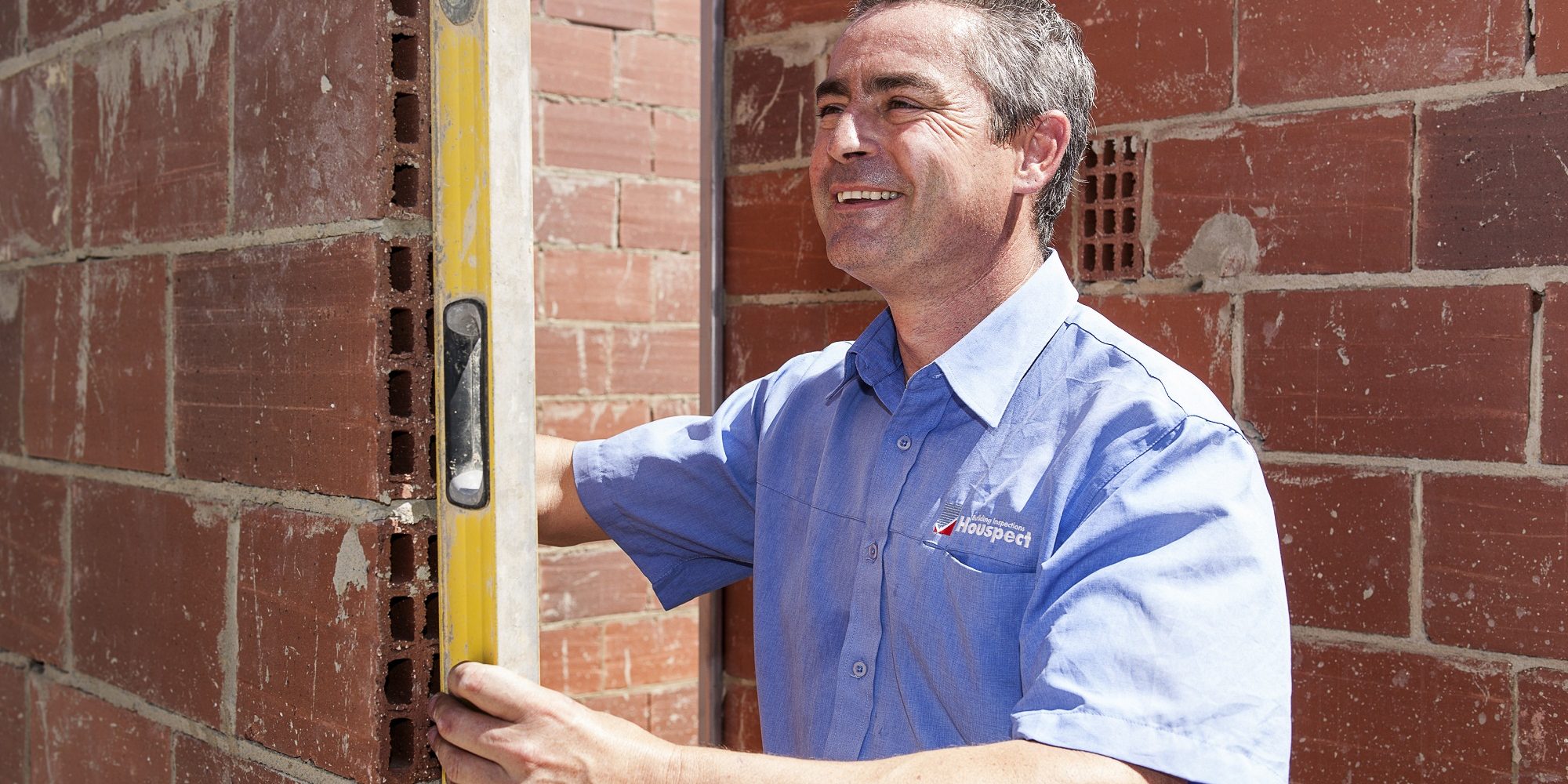Understanding Home Inspection Reports
While the role of a building inspector is to look for major structural defects while acting as a neutral third party who simply observes and reports information, they’re not there to report on every cosmetic flaw or imperfection. A building inspector, and the home inspection reports they generate, are intended to provide both current owners and prospective buyers with important information related directly to the structural health of the property. This means you shouldn’t expect to run into trouble with worn carpeting, scuffed paint or normal wear and tear. The building inspector who prepares your report will be focused on finding and disclosing things like major building faults, foundation damage, improper drainage and potential water damage.
Even though an inspection report will only include major issues like, structural or leaking plumbing problems, a home inspection also isn’t a “pass or fail” test. Reputable building inspectors will not recommend a purchase or discourage it, but merely outline major faults which have the potential to be problematic. Obvious signs of moisture damage, improper drainage, building faults or poor electrical work will not doom a property to a failing grade; it will simply be reflected in the home inspection report as such.
Because professional building inspectors are truly neutral, they also won’t have a conflict of interest relating to the price of repairs or addressing building faults. The inspector who evaluates a property should be highly experienced within the building trades, but will not be in the business of directly providing repairs. Prospective buyers and sellers alike can rest assured that they’re not going to be mislead regarding the extent of potential faults, as the inspector will have no vested interest in encouraging expensive repairs which may or may not be necessary.
Good News About Home Inspection Reports
While it’s normal to become fixated on the potential for bad news as you’re waiting for a home inspection report to be completed, the truth is that there is good news to be had, as well. In a best case scenario, a report will come back with relatively small complications. Even in a worst case scenario, however, there is still good news to be found.
Since home inspection reports do not advise buyers to extend an offer or pass on a property, the findings within them don’t have to spell the end of the sale. In many cases, the information simply provides a prospective buyer with information which can affect the amount of the offer they’re willing to extend, in light of the new information. Sellers can use the information obtained in a pre-listing report to determine a more fair and accurate price, thus ensuring their expectations are realistic and likely to be met. A home in need of repairs isn’t necessarily a home which will never sell, just perhaps one which requires special attention.
Don’t let worries about the contents of a home inspection report deter you from obtaining one, as it can be a very valuable tool for potential buyers and sellers alike. Entering into an agreement with full disclosure and realistic expectations can help to significantly reduce the pressure of buying or selling a home, which is always good news.
Buy, Build, Invest and Sell with Confidence







